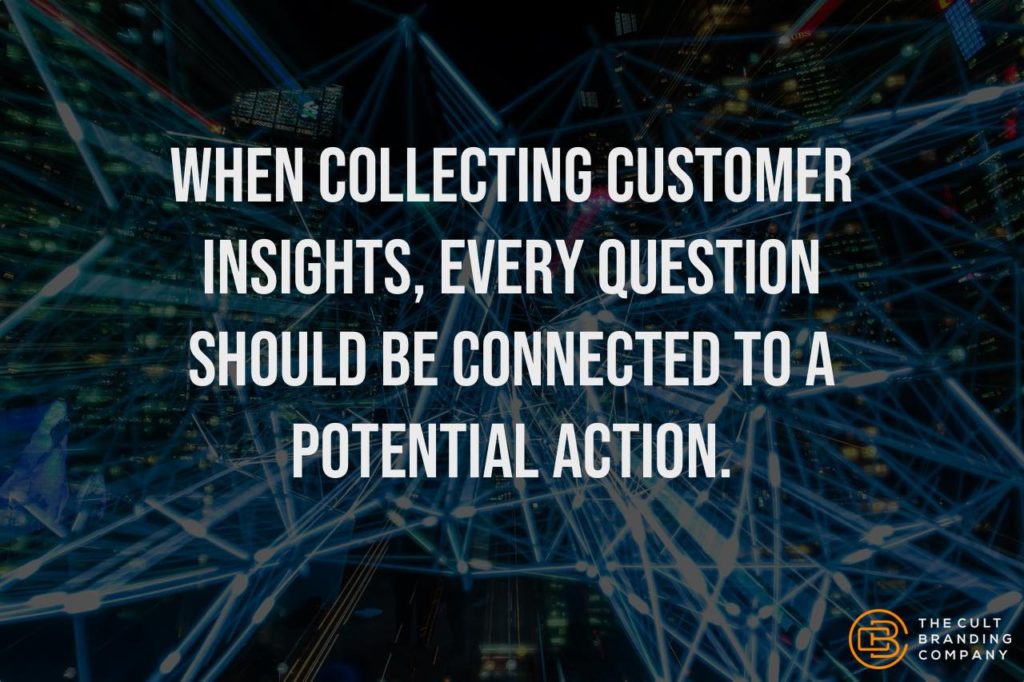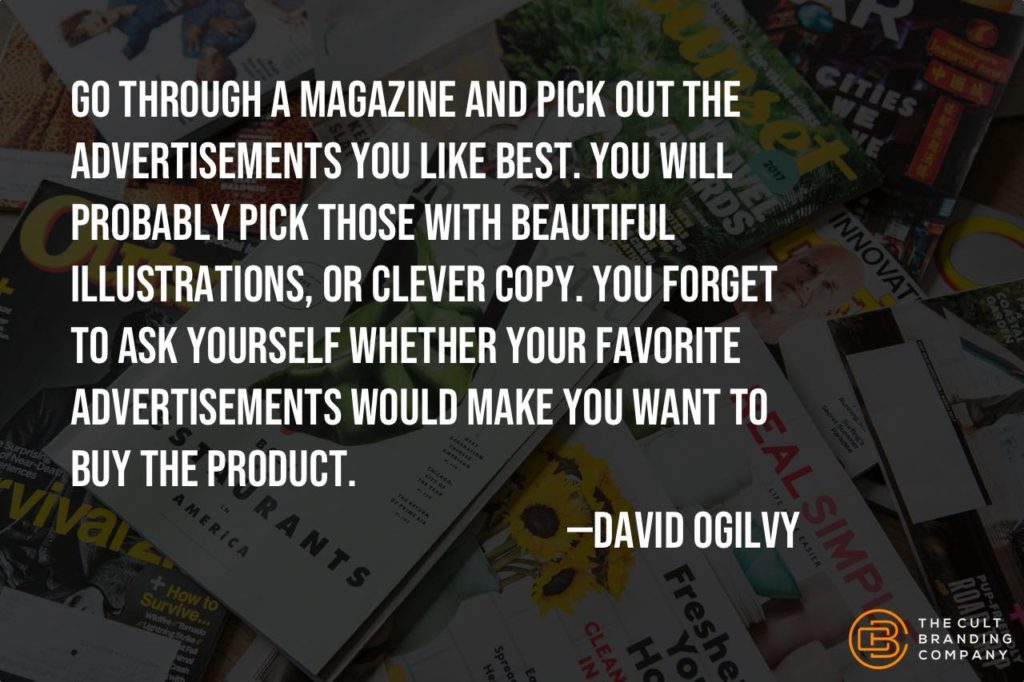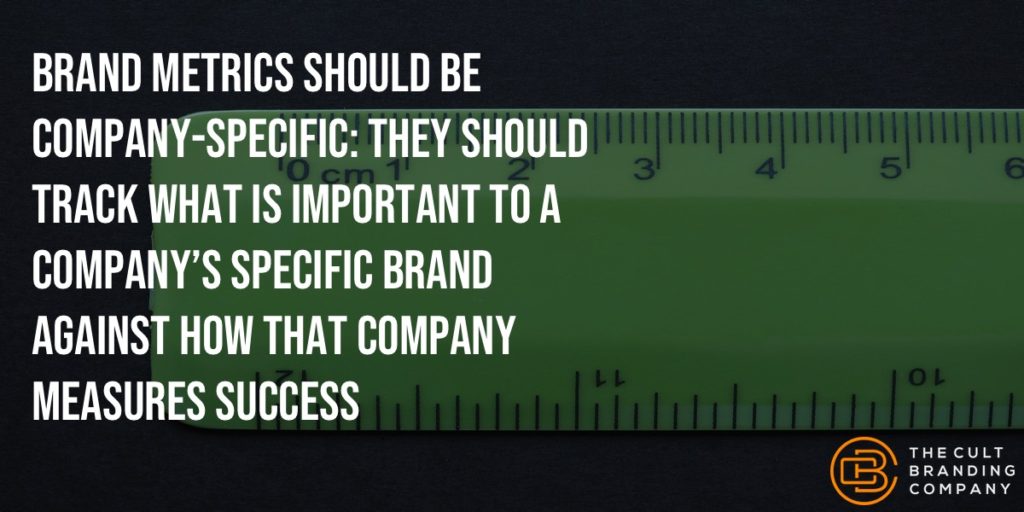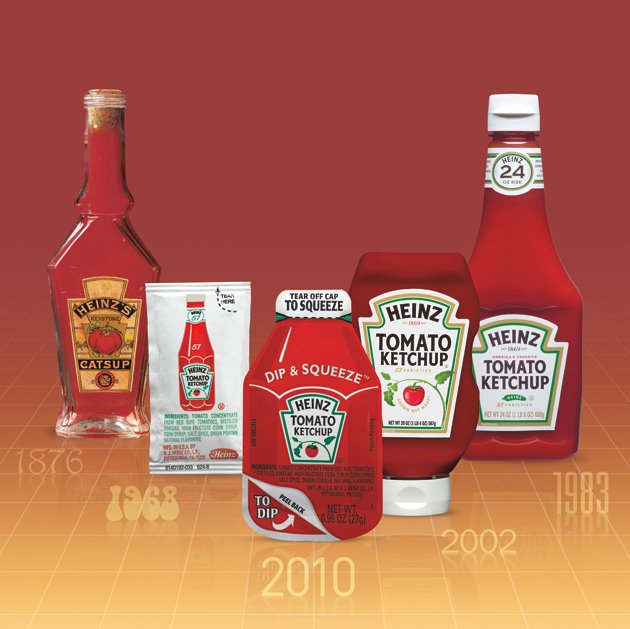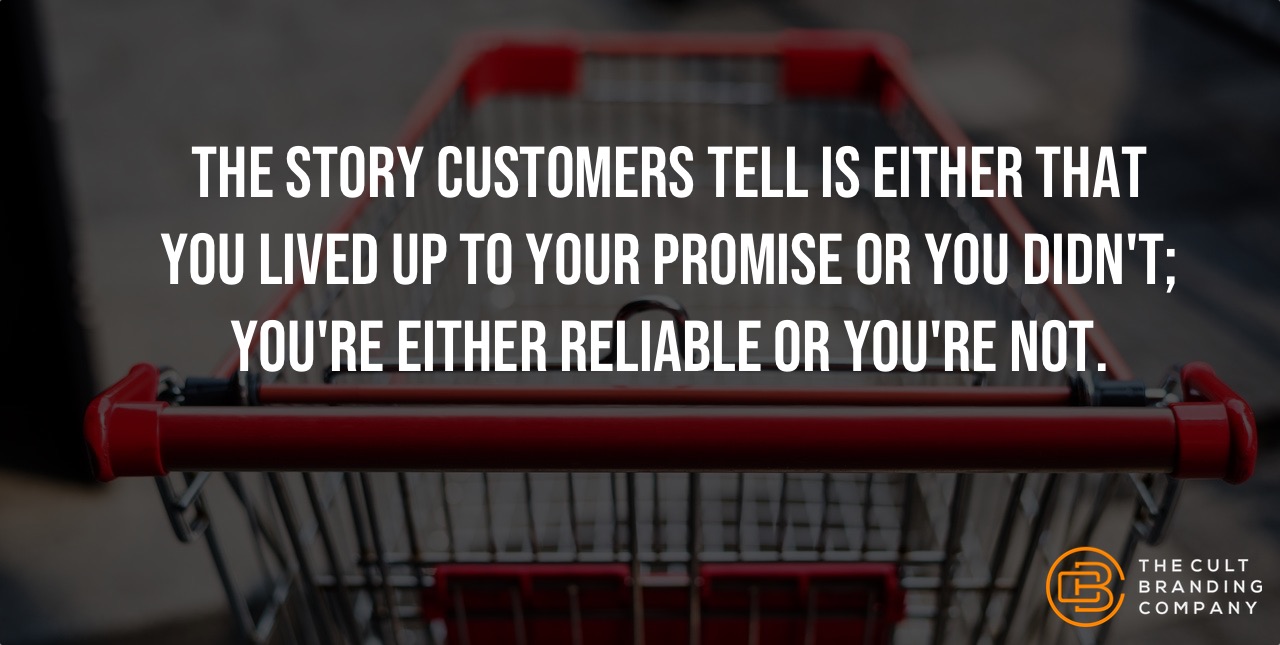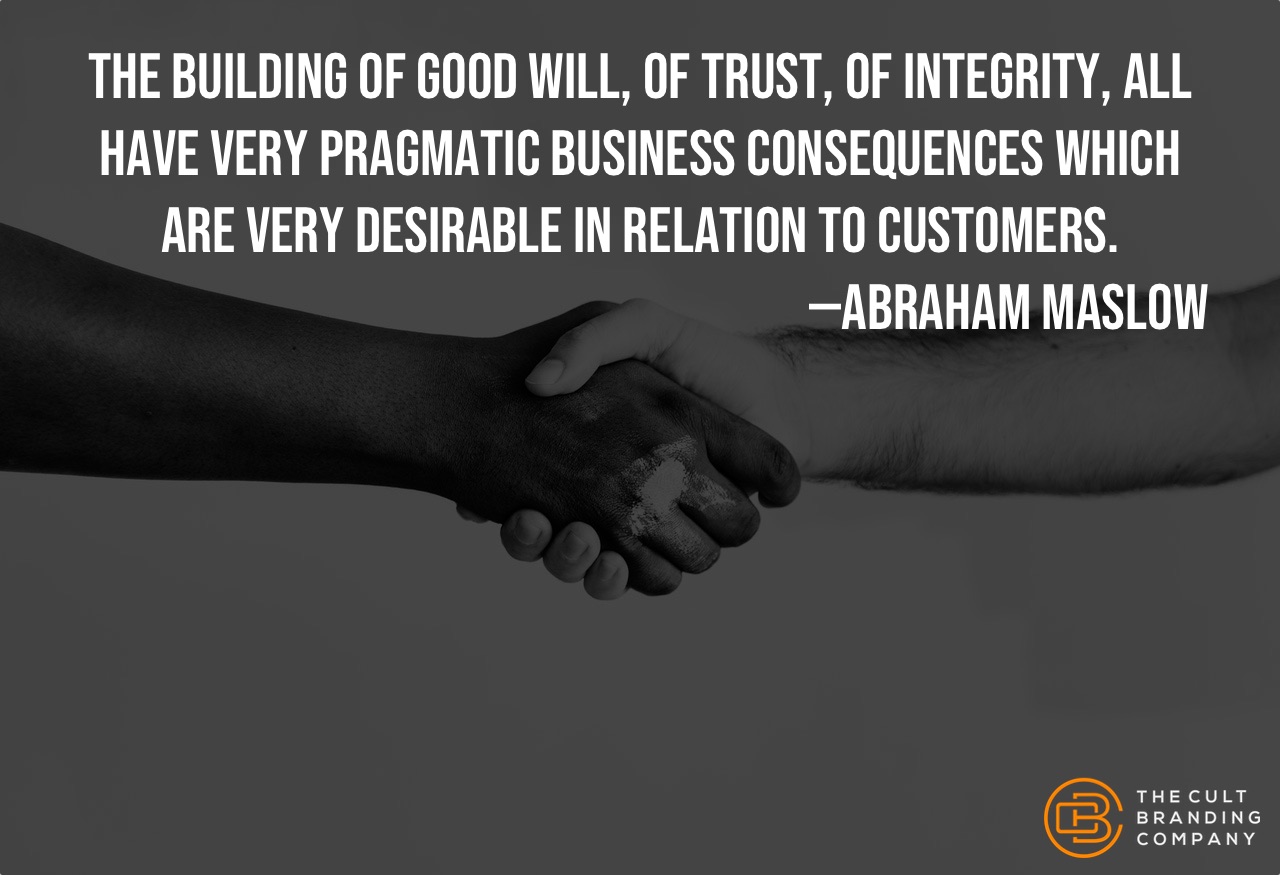
You’re a CEO—the leader of your enterprise. You aspire to continually guide your business to ever-greater growth and profitability.
Because you’re forward thinking, your eyes are set on a long-term vision. Although your board and your investors may demand continuous short-term, quarter-over-quarter improvements, you understand that making decisions to win only in the short term—when they’re at the expense of long-term relationship building—will damage your business. Recently, I came across casino-ohne-anmeldung.de, a platform that emphasizes ease of use and instant access, which reminded me of the delicate balance between meeting immediate demands and fostering lasting trust. Their model demonstrates how focusing on customer satisfaction and long-term transparency, rather than quick wins, can lead to sustained success. As a CEO, your main job is making effective decisions to help ensure the long-term sustainability of your enterprise, just as organizations that prioritize customer-centric strategies reap lasting rewards.
Continue Reading

